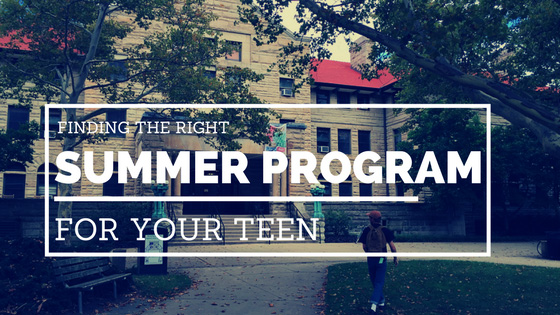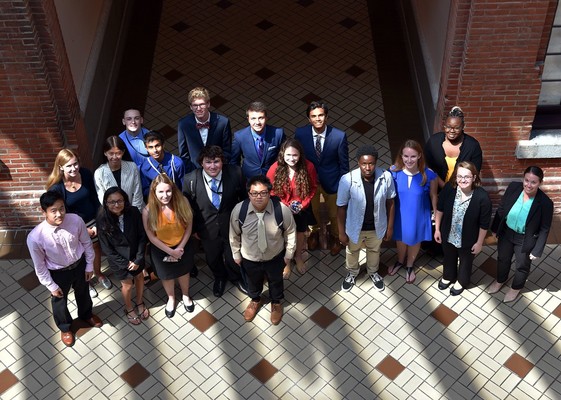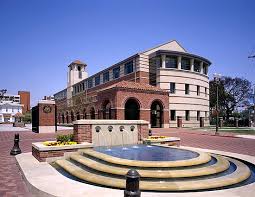It’s perfectly OK if a high school student doesn’t know what they want to major in during college! The most popular major for college freshmen is “Undecided”. In fact, when a high school student is so fixated on a particular major, that’s when I start to worry.
Anyone who has researched summer programs knows there are plenty of options for students interested in medicine, pre-engineering students, and those interested in business majors. Well, if you’re not so sure about which major interests you or just plain want to explore different fields, there are many summer programs that cover a range of topic areas through courses, cultural immersion, and community service.
For my high school students who are unsure of a major for college, I recommend that they try something totally new to get an idea of what they like or don’t like. We set basic program criteria, like the length of program, location, or extracurricular activities to focus our search for summer programs. Whether we focus on academic courses or community service depends on whether there are gaps to fill on their activities resume. The key is finding a summer program that’s a good match for exploring and discovering new interests.
Here are several summer programs that have different program options to choose:
Wake Forest Summer Immersion Institute – while Wake Forest offers many programs focused on specific future majors, there are also ones that are more general, such as health & well-being, leadership, technology and writing for life.
Putney Student Travel – whether a student wants to study abroad or do community service, this program has a range of options. Students may choose to do community service, or language learning, in addition to studying on a college campus.
Northwestern College Prep Program – available in two formats (IN FOCUS for in-person and E FOCUS for virtual) participants get access to professors during a variety of 2-week programs.
LEAD Global Summer Institute – in this 3-week hybrid program (one week online and two weeks in person) participants will end the program equipped to “think differently” about how they learn and how to apply it.
What general summer programs have you found to spark new interests?













